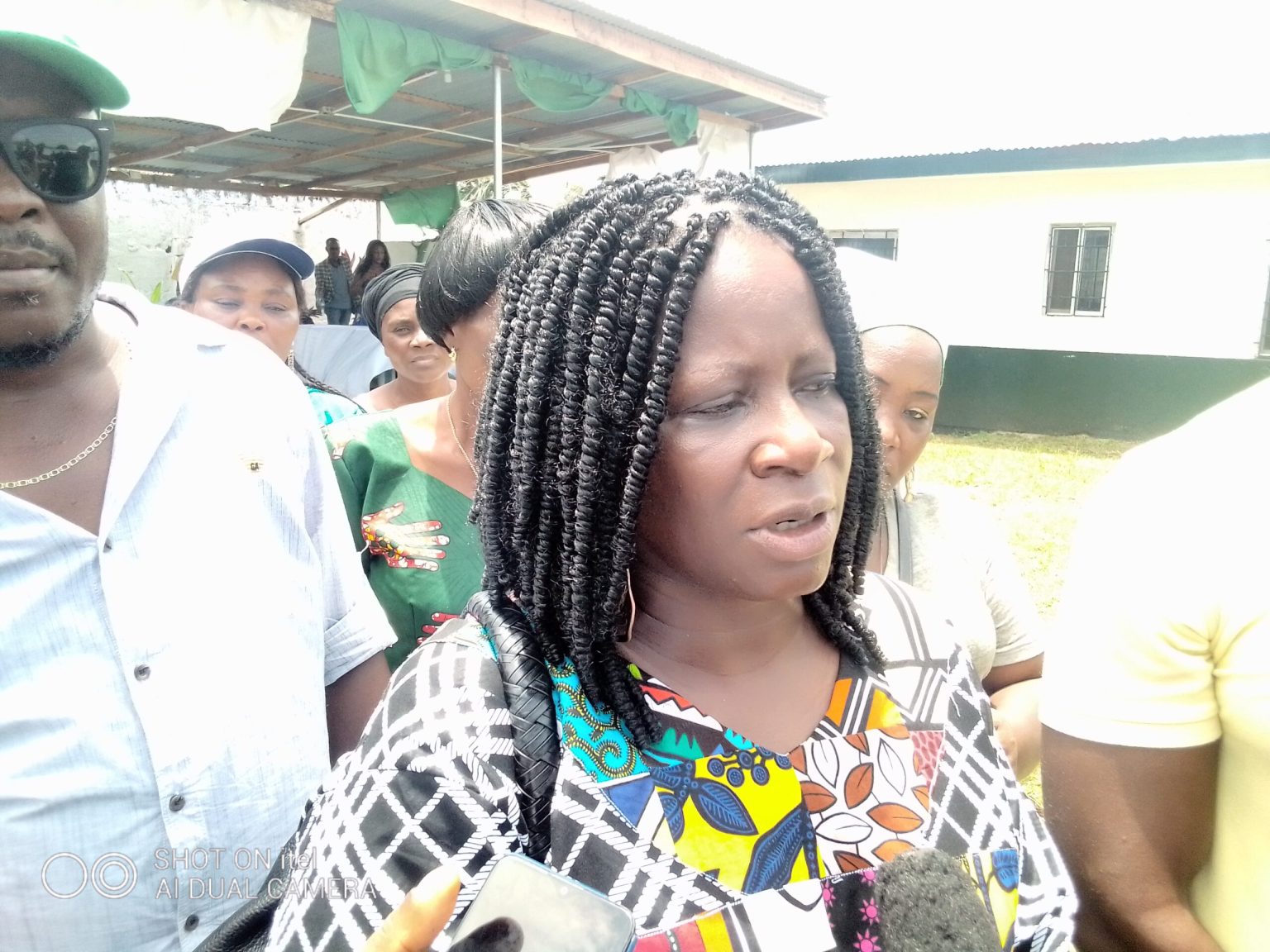The Liberian Senate, under the leadership of Pro-Tempore Nyonblee Kangar Lawrence, has initiated an investigation into the alleged mismanagement of approximately US$200 million in agricultural funds. These funds were allocated to two major projects: the Smallholder Agriculture Transformation and Agribusiness Revitalization Project (STAR-P) and the Rural Economic Transformation Project (RETRAP), both funded by the World Bank and IFAD. Senator Lawrence has issued a one-week ultimatum to the Senate Committee on Agriculture to conclude the investigation and present a report to the plenary. The investigation stems from concerns raised by Senator Nathaniel F. McGill regarding accountability and transparency in the disbursement and management of these substantial funds, which were intended to bolster Liberia’s agricultural sector and improve the livelihoods of smallholder farmers.
Senator McGill’s formal communication to the Senate highlighted the need for a thorough examination of the two projects. He specifically questioned the allocation and disbursement of over US$40 million earmarked for micro-loans to small farmers under the STAR-P program. His concerns extended to the overall management of both STAR-P and RETRAP, emphasizing the importance of determining how these funds have been utilized since the projects’ inception. He requested a detailed breakdown of the programs, including a list of beneficiaries and the specific support they received, whether in the form of loans or other forms of assistance. This information is crucial for assessing the effectiveness and impact of these initiatives on the targeted communities and the agricultural sector as a whole.
In response to the allegations, Agriculture Minister Dr. J. Alexander Nuetah has refuted claims of mismanagement, characterizing them as misleading. He provided a detailed explanation of the fund allocation and clarified that the combined value of STAR-P and RETRAP is not US$200 million but a sum of their individual values – US$48 million for STAR and US$170 million for RETRAP. Dr. Nuetah clarified that US$10.5 million from the STAR Project was reallocated during the COVID-19 pandemic for emergency interventions, leaving US$38 million for investment in the project. He further explained that the RETRAP funds are primarily designated for road construction projects managed by the Ministry of Public Works, not the Ministry of Agriculture.
Dr. Nuetah elaborated on the distribution of the RETRAP funds, specifying that US$30 million was allocated for a 40-kilometer road linking Tappita to Toe Town in Nimba County. He also highlighted that US$115 million is designated for additional road construction, including the road from Toe Town to Zwedru, also under the purview of the Ministry of Public Works and financed by the World Bank. He clarified that these road projects are integral to the RETRAP initiative. Furthermore, Dr. Nuetah addressed the delay in a separate road project connecting Liberia to Côte d’Ivoire, attributing it to the discovery of an elephant footprint within the planned corridor. This necessitated a biodiversity study by World Bank consultants to mitigate potential environmental impact, causing the US$115 million allocated for this project to remain with the World Bank pending the study’s completion.
The Senate’s investigation comes at a crucial time for Liberia’s agricultural sector, which faces numerous challenges including limited access to finance, inadequate infrastructure, and the impact of climate change. The effective and transparent utilization of funds allocated for agricultural development is essential for achieving food security, boosting economic growth, and improving the livelihoods of rural communities. The outcome of the Senate’s inquiry is expected to shed light on the management of these crucial funds and provide recommendations for ensuring accountability and maximizing the impact of future agricultural development initiatives.
The differing accounts presented by Senator McGill and Minister Nuetah underscore the need for a thorough and impartial investigation. The Senate’s findings will be critical in determining the veracity of the allegations and ensuring that funds intended for agricultural development are utilized effectively and transparently. The investigation also highlights the importance of robust oversight mechanisms to safeguard public resources and ensure that development projects achieve their intended objectives, ultimately contributing to the betterment of Liberia’s agricultural sector and the well-being of its people.














